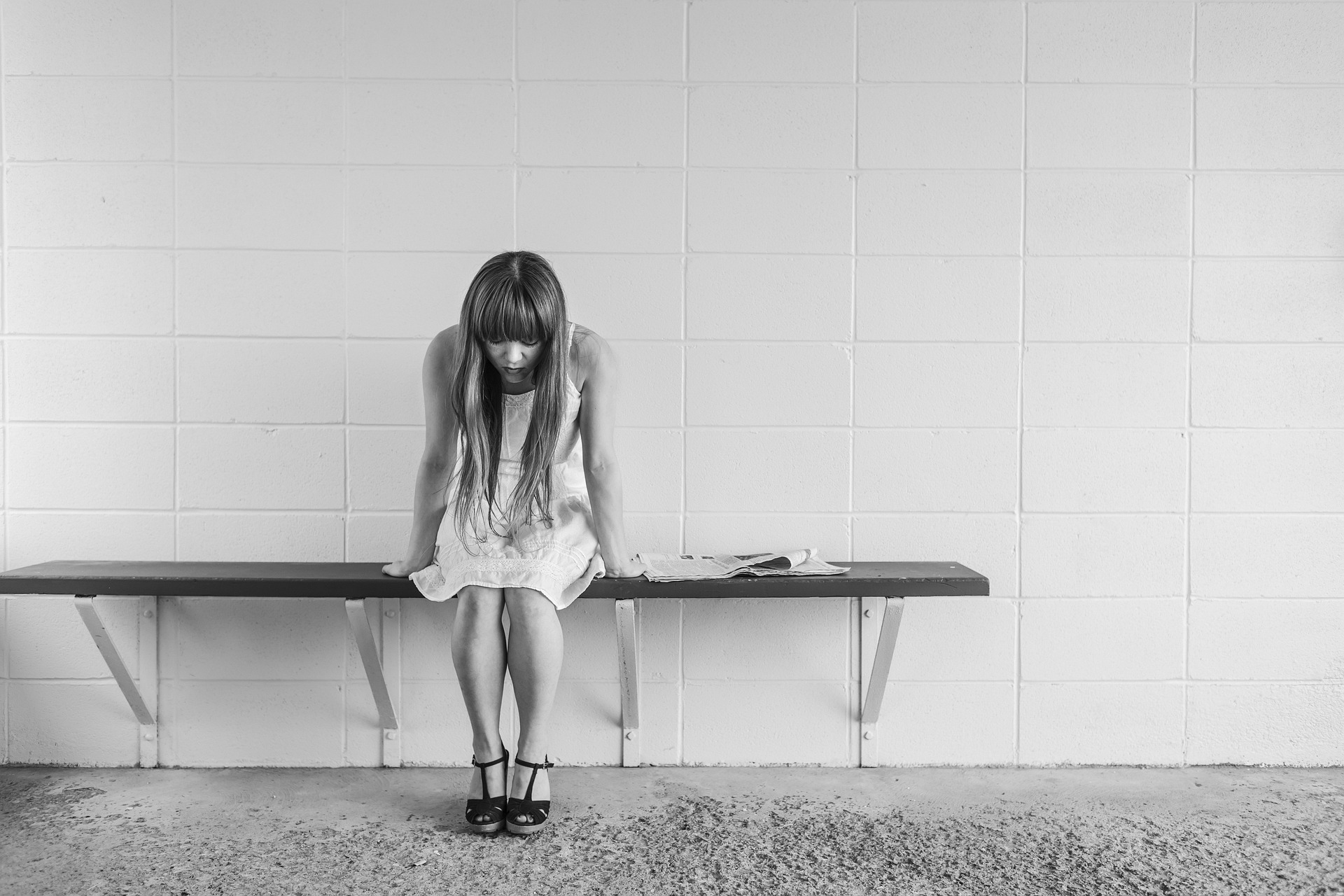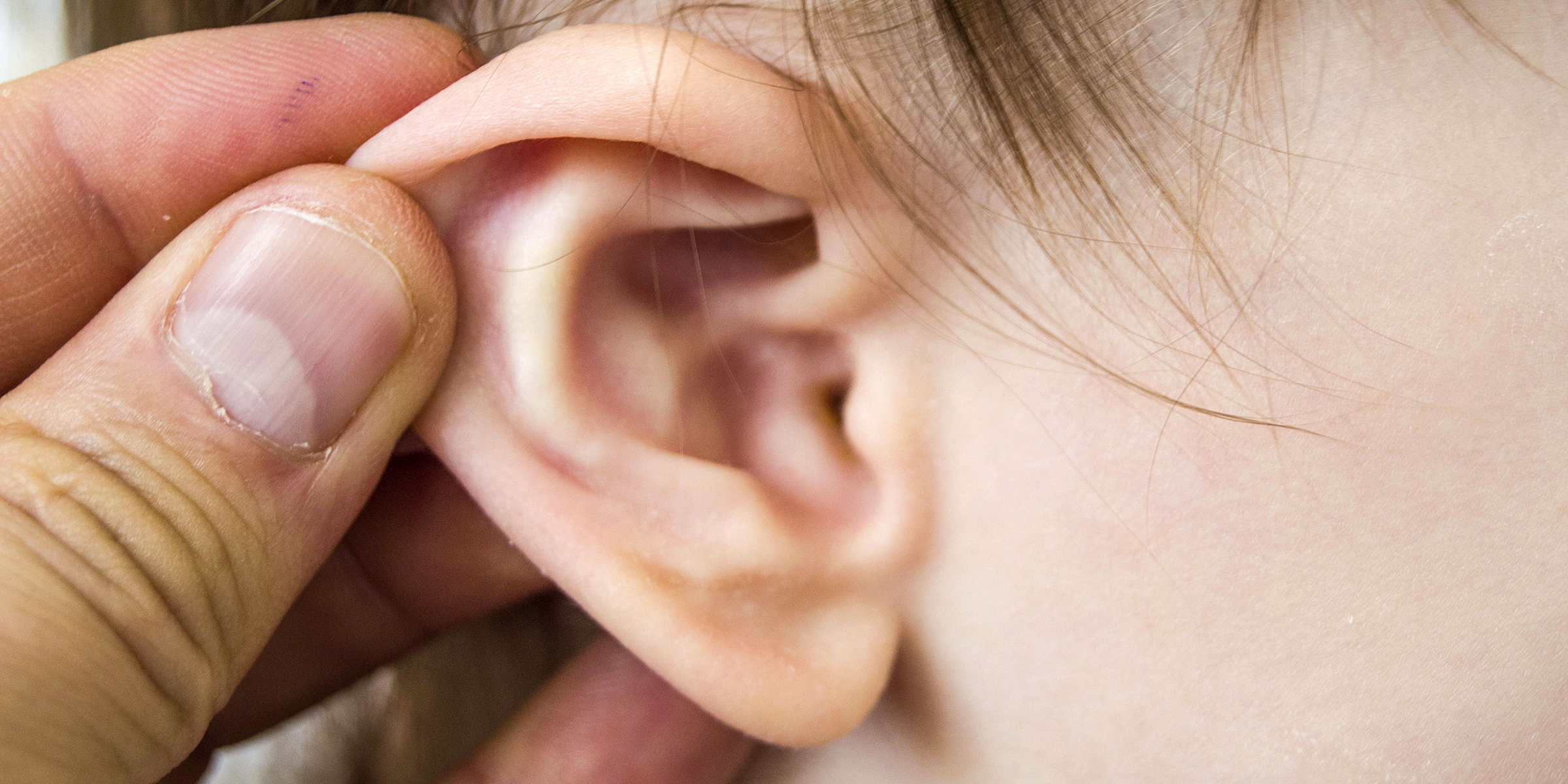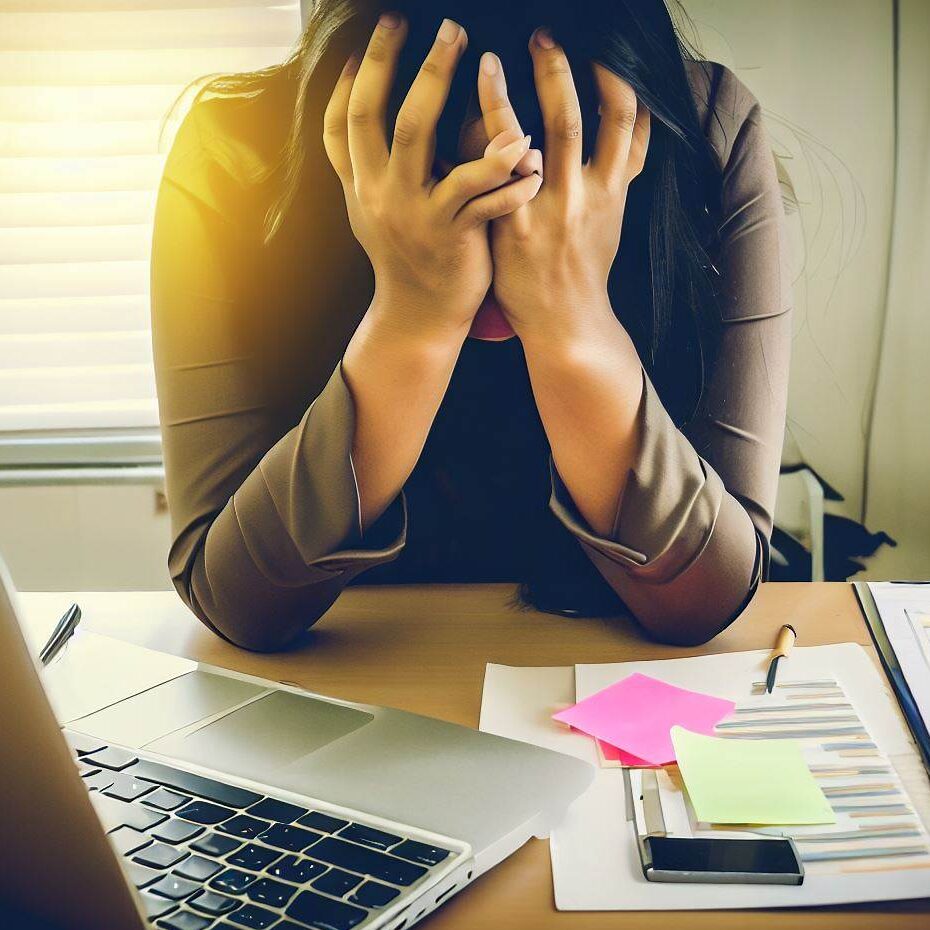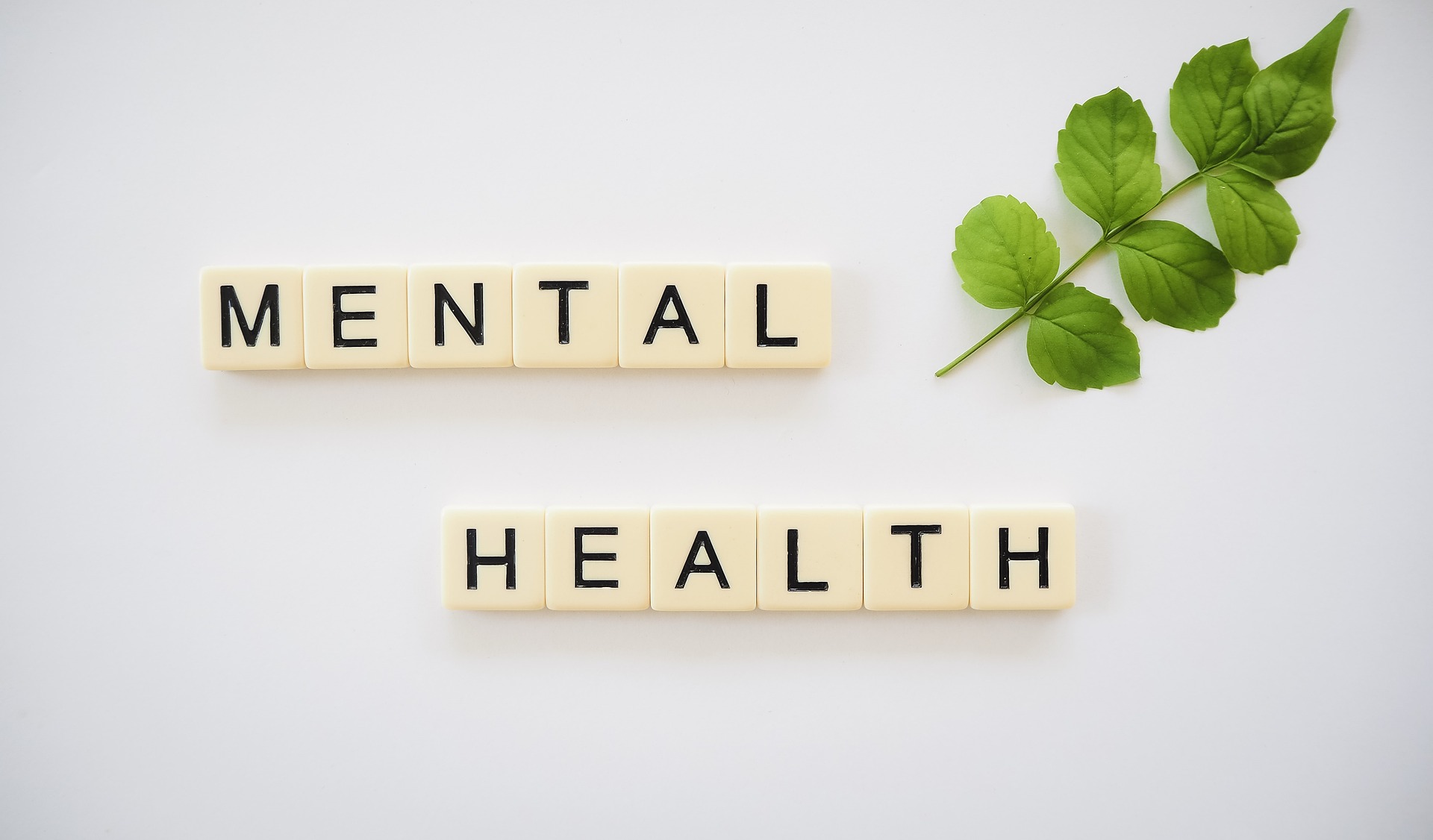Anxiety is a common mental health condition that affects millions of people worldwide. It can manifest as feelings of fear, worry, or unease, and it can significantly impact an individual’s quality of life. If you’re experiencing symptoms of anxiety, it’s important to seek professional help to determine the best course of treatment. we’ll explore some of the most effective treatments for anxiety.
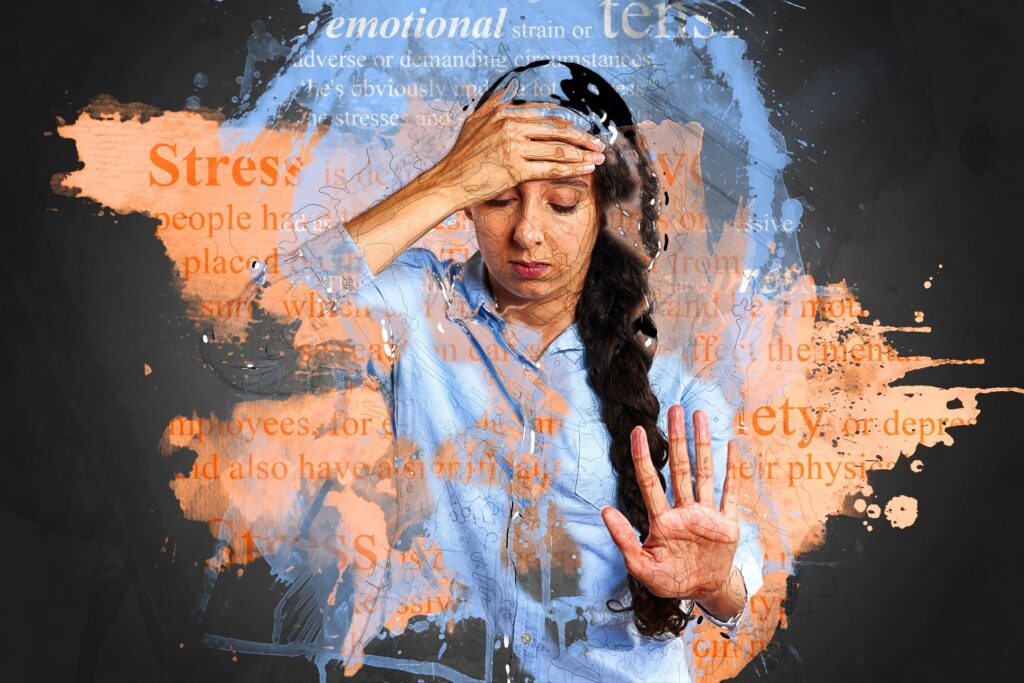
Diagnosis:
The first step in treating anxiety is to get a proper diagnosis. A mental health professional can conduct a comprehensive evaluation to determine if you have an anxiety disorder and what type of disorder you have. This evaluation may include a physical exam, a review of your medical history, and a discussion of your symptoms. Once a diagnosis is made, your healthcare provider can recommend the best course of treatment for you.
Treatment:
There are several effective treatments for anxiety, including:
- Cognitive-behavioral therapy (CBT): This type of therapy helps individuals identify and change negative thought patterns and behaviors that contribute to anxiety. CBT teaches individuals coping strategies and techniques to manage their symptoms.
- Mindfulness-based therapies: Mindfulness-based therapies, such as mindfulness-based stress reduction (MBSR) and mindfulness-based cognitive therapy (MBCT), teach individuals to focus on the present moment and accept their thoughts and feelings without judgment.
- Exposure therapy: Exposure therapy involves gradually exposing individuals to the situations or objects that trigger their anxiety in a controlled and safe environment. This can help desensitize individuals to their triggers and reduce their anxiety.
- Relaxation techniques: Relaxation techniques, such as deep breathing, progressive muscle relaxation, and yoga, can help reduce stress and promote relaxation.
- Lifestyle changes: Making lifestyle changes, such as getting regular exercise, getting enough sleep, and avoiding alcohol and caffeine, can also help reduce anxiety.
It’s important to note that the best treatment for anxiety will vary depending on the individual and their specific symptoms. Some individuals may benefit from a combination of therapies, while others may find relief from just one type of therapy.
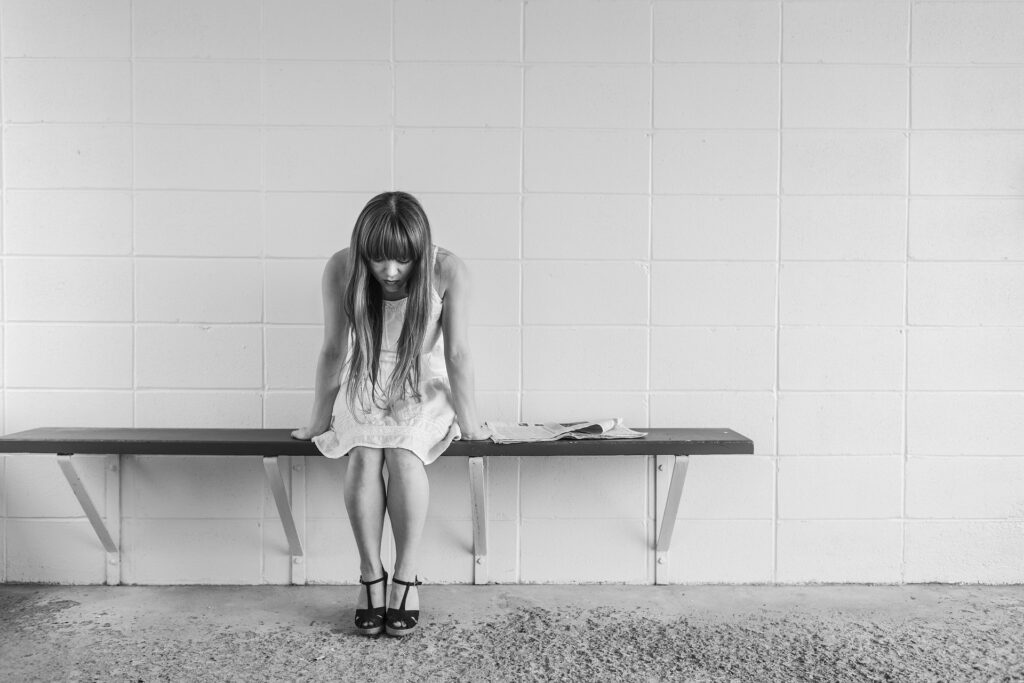
Anxiety can significantly impact an individual’s daily life, but there are effective treatments available. If you’re experiencing symptoms of anxiety, it’s important to seek professional help to get a proper diagnosis and determine the best course of treatment for you. The most effective treatments for anxiety include cognitive-behavioral therapy, mindfulness-based therapies, exposure therapy, relaxation techniques, and lifestyle changes.
Remember, there’s no one-size-fits-all treatment for anxiety, and what works for one person may not work for another. Working with a mental health professional can help you find the right treatment plan for your specific needs.
For more information on anxiety and its treatments, you can visit the National Institute of Mental Health’s website at https://www.nimh.nih.gov/health/topics/anxiety-disorders/index.shtml.
